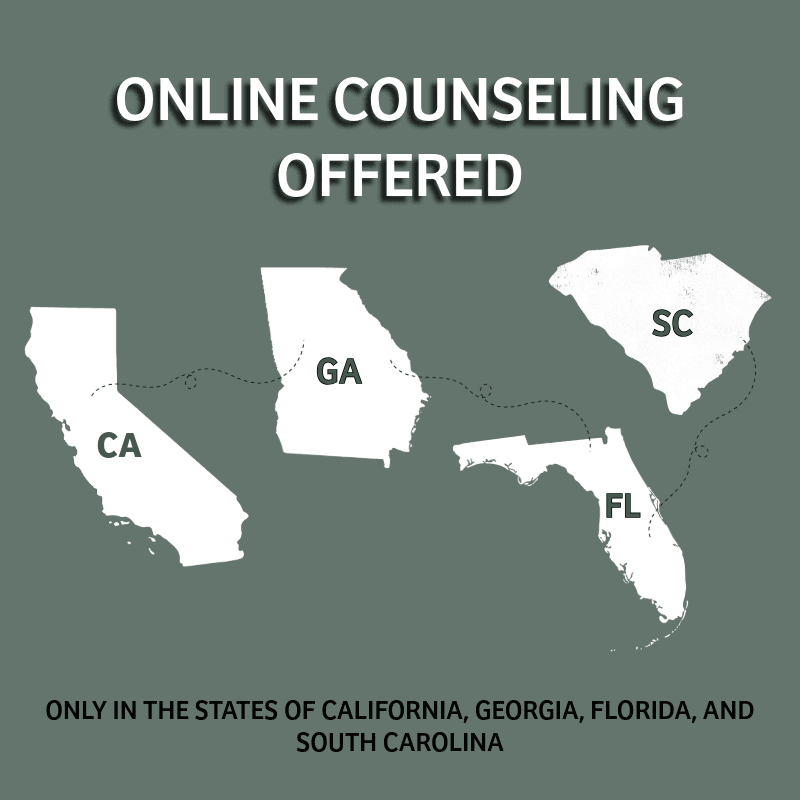Impostor syndrome can be a challenging hurdle for counselors to overcome. In this short clip from the podcast, the hosts discuss how knowing your "why" can serve as a powerful tool for challenging impostor syndrome and staying grounded in your work with clients.
Click on the following link to watch this podcast short: https://youtu.be/bVHAEixocQ0

About This Podcast Short
Understanding Impostor Syndrome:
Impostor syndrome is a common experience among counselors, where feelings of self-doubt and inadequacy can undermine confidence and competence. The clip acknowledges that the impostor voice can be overwhelming, but it offers a mindset shift to combat these feelings.
The Power of Knowing Your "Why":
The hosts emphasize the importance of understanding your purpose or "why" as a counselor. By connecting with the deeper reasons behind your career choice – whether it's a desire to help others, make a difference, or pursue a passion – you can anchor yourself amidst doubts and insecurities.
Challenging Impostor Syndrome:
When faced with impostor syndrome, the hosts suggest reflecting on your "why." Remembering your underlying motivations can help counteract feelings of inadequacy and remind you of the meaningful impact you have on your clients' lives.
Staying Grounded with Clients:
Maintaining a sense of purpose and authenticity is crucial when working with clients. By challenging impostor syndrome and knowing your "why," you can stay grounded, present, and effective in your counseling sessions.
Final Thoughts:
In wrapping up the clip, the hosts encourage counselors to embrace their "why" as a source of strength and resilience. By understanding the deeper meaning behind their work, counselors can confront impostor syndrome head-on and continue to make a positive difference in the lives of their clients.
If you're a counselor struggling with impostor syndrome or simply looking for a mindset shift to stay grounded in your practice, this short clip offers valuable insights and strategies. Tune in to learn more about challenging impostor syndrome and embracing your purpose as a counselor.





